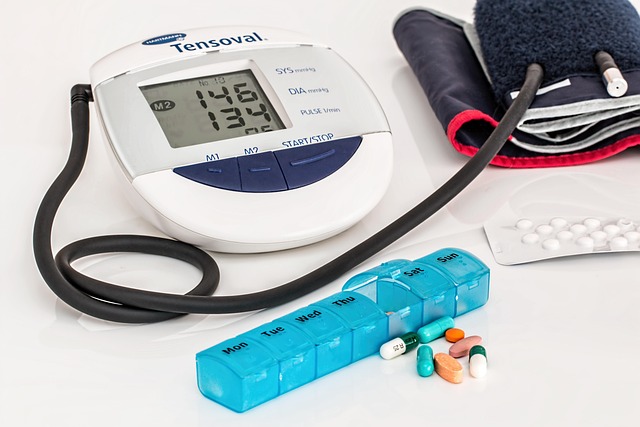
Inflammation Markers
Understanding Inflammation Markers
Inflammation markers are substances in the blood that indicate the presence of inflammation in the body. These markers are crucial in diagnosing various medical conditions, as they provide insights into the body's immune response. However, it is essential to understand that abnormal results from inflammation marker tests do not definitively diagnose a specific disease. Instead, they suggest that further investigation may be necessary.
Common Inflammation Markers
Several key inflammatory markers are routinely measured in clinical practice. The most common include:
- CRP (C-reactive protein): This protein is produced by the liver in response to inflammation. Elevated levels of CRP can indicate acute inflammation, infection, or chronic inflammatory diseases.
- ESR (Erythrocyte Sedimentation Rate): This test measures how quickly red blood cells settle at the bottom of a test tube. A higher ESR indicates the presence of inflammation but can be influenced by factors such as age, gender, and overall health.
- IL-6 (Interleukin-6): This cytokine plays a role in the immune response and is often elevated in inflammatory conditions, including autoimmune diseases and infections.
- TNF-alpha (Tumor Necrosis Factor-alpha): This is another cytokine involved in systemic inflammation and can be elevated in various chronic inflammatory diseases.
Interpreting Inflammation Marker Results
It is important to note that elevated levels of inflammation markers do not automatically indicate a specific disease. For instance, a raised CRP or ESR can result from a simple viral infection or more serious conditions such as cancer. Additionally, factors such as obesity, age, gender, smoking, and anemia can also influence these markers.
When interpreting the results of inflammation marker tests, healthcare professionals consider the patient's symptoms, medical history, and other diagnostic tests. For example, conditions like polymyalgia rheumatica and temporal arteritis may be diagnosed based on characteristic symptoms alongside elevated inflammatory markers.
Clinical Applications of Inflammation Markers
Inflammation markers play a significant role in various clinical scenarios:
- Diagnosis: In cases where symptoms suggest a specific condition, elevated inflammatory markers can support a diagnosis. For instance, in autoimmune diseases, these markers can help confirm the presence of inflammation.
- Monitoring Disease Activity: In chronic inflammatory conditions, such as rheumatoid arthritis, regular monitoring of inflammation markers can help assess disease activity and treatment efficacy.
- Assessing Treatment Response: Changes in inflammation marker levels can indicate how well a patient is responding to treatment, guiding adjustments in therapy.
Limitations of Inflammation Marker Testing
Despite their utility, inflammation marker tests have limitations. They do not provide information about the underlying cause of inflammation. Therefore, if the cause of elevated markers is not immediately apparent, further diagnostic testing may be required to identify the specific condition.
Moreover, healthcare providers must consider the patient's overall clinical picture. For instance, a patient with a high ESR may not necessarily have an active disease if they are otherwise healthy and asymptomatic.
Conclusion
Inflammation markers are valuable tools in the diagnostic process, offering insights into the presence of inflammation within the body. However, their interpretation requires a comprehensive understanding of the patient's clinical context. Elevated levels of these markers can indicate various conditions, but they do not provide definitive answers. As such, healthcare professionals must approach inflammation marker testing as part of a broader diagnostic strategy, integrating clinical findings and additional tests to arrive at an accurate diagnosis.

















 Rental Repairs and Maintenance Tax Deductions
Rental Repairs and Maintenance Tax Deductions 
 Health
Health  Fitness
Fitness  Lifestyle
Lifestyle  Tech
Tech  Travel
Travel  Food
Food  Education
Education  Parenting
Parenting  Career & Work
Career & Work  Hobbies
Hobbies  Wellness
Wellness  Beauty
Beauty  Cars
Cars  Art
Art  Science
Science  Culture
Culture  Books
Books  Music
Music  Movies
Movies  Gaming
Gaming  Sports
Sports  Nature
Nature  Home & Garden
Home & Garden  Business & Finance
Business & Finance  Relationships
Relationships  Pets
Pets  Shopping
Shopping  Mindset & Inspiration
Mindset & Inspiration  Environment
Environment  Gadgets
Gadgets  Politics
Politics 